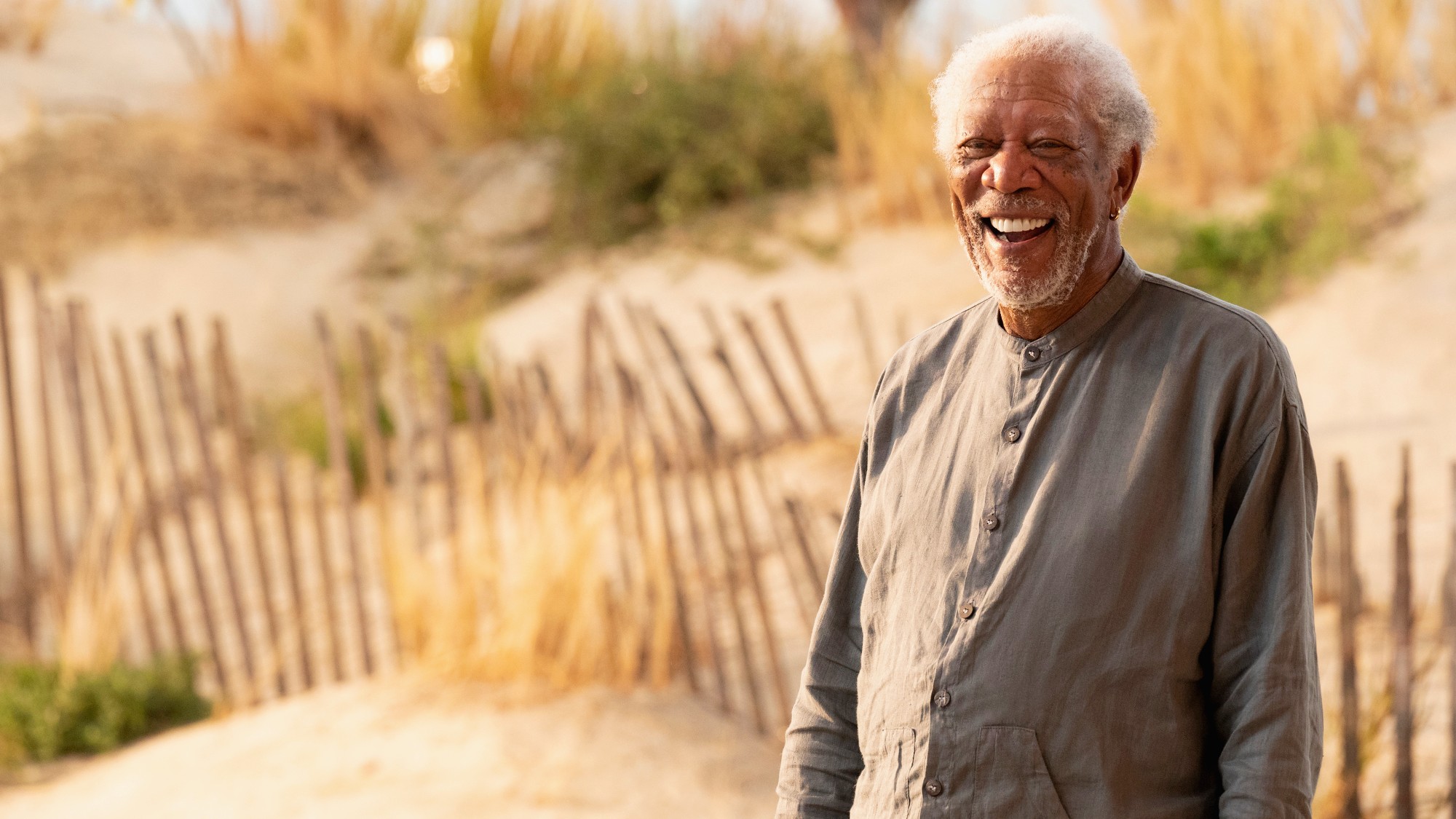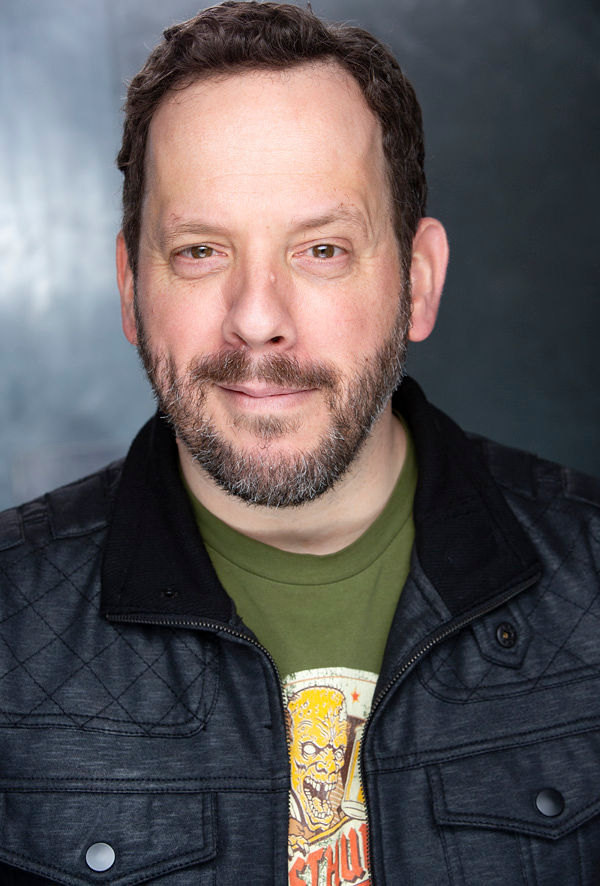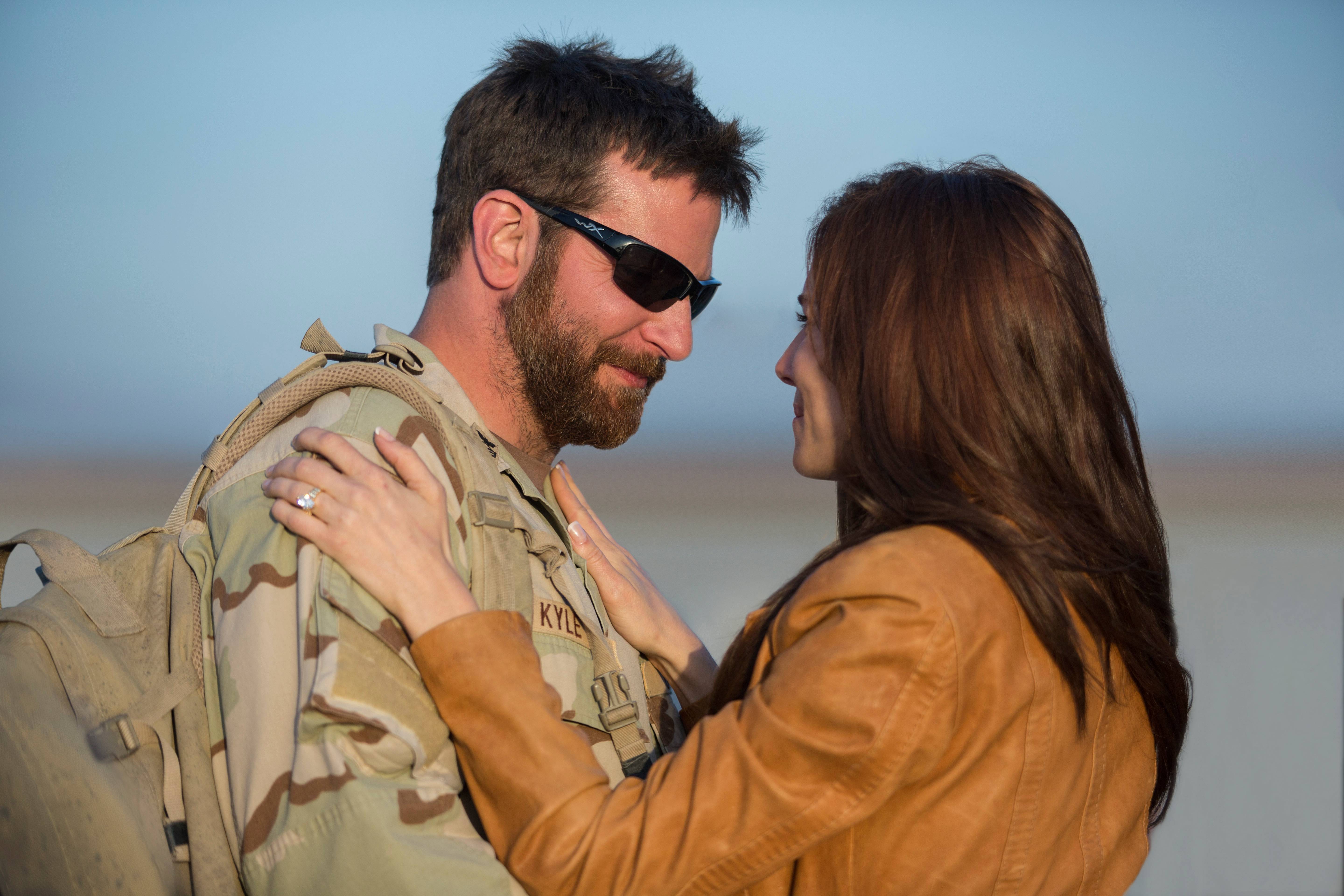What to Watch Verdict
Solos is a poignant, thought-provoking, up-close-and-personal exploration of the human experience. You've never seen a sci-fi show like this.
Pros
- +
The A-List cast is top-notch and in top form.
- +
It feels more like intimate theater than a run-of-the-mill TV show.
- +
Each episode's 30-minute running time allows for a quick-and-easy binge.
- +
Morgan Freeman. Just, Morgan Freeman.
Cons
- -
Given the show's heavy reliance on long-running monologues, some of the writing comes off a tad heavy-handed at times.
This post contains mild spoilers for Solos.
Solos is a new take on the tried-and-true anthology format. If we were to compare it to anything, it would be, maybe, Black Mirror — but this sci-fi outing is delightfully different. Amazon Prime Video's seven-episode anthology series, which drops to the streamer on Friday, May 21, features some similar future-leaning subject matter, but there's a narrative deviation here: each of the series' seven distinctive episodes follows a singular character, each in their own solitary story.
David Weil, who burst onto the scene with the Nazi-hunting series Hunters, has his creative control all over the new project: he's the series creator, he wrote multiple episodes, he made his directorial debut on the project, and he is the show's executive producer. That's pretty impressive when you consider how new to the industry he is. But with fewer moving parts on the production (thanks to the COVID-19 shutdown) and the program's honed focus on each of its nine characters, Solos reveals itself as a personal exploration of the human experience, and the complicated search for connection, in a consistently disconnected world.
Of course, the writing and direction — which, aside from a few heavy-handed monologue moments, remain consistently solid through each episode — are only two pieces of the puzzle. The biggest draw for Solos is the cast, and this show is packed with some top-notch talent. Anthony Mackie, Anne Hathaway, Uzo Oduba, Helen Mirren, Constance Wu, Dan Stevens, Nicole Beharie, and Morgan Freeman do more than just carry their weight here. Each episode showcases their abilities as storytellers, allowing each performer to stretch their acting muscles in surprising ways, making the show feel more like a live theater experience than a simple television show.
There's a vulnerable intimacy that's pervasive in every episode of Solos that confirms the show isn't just here to ponder the possibilities that may come in a post-Singularity reality, or how society will change in response to such advancements. Instead, the anthology is an exercise in the flawed endurance and durability of humanity.
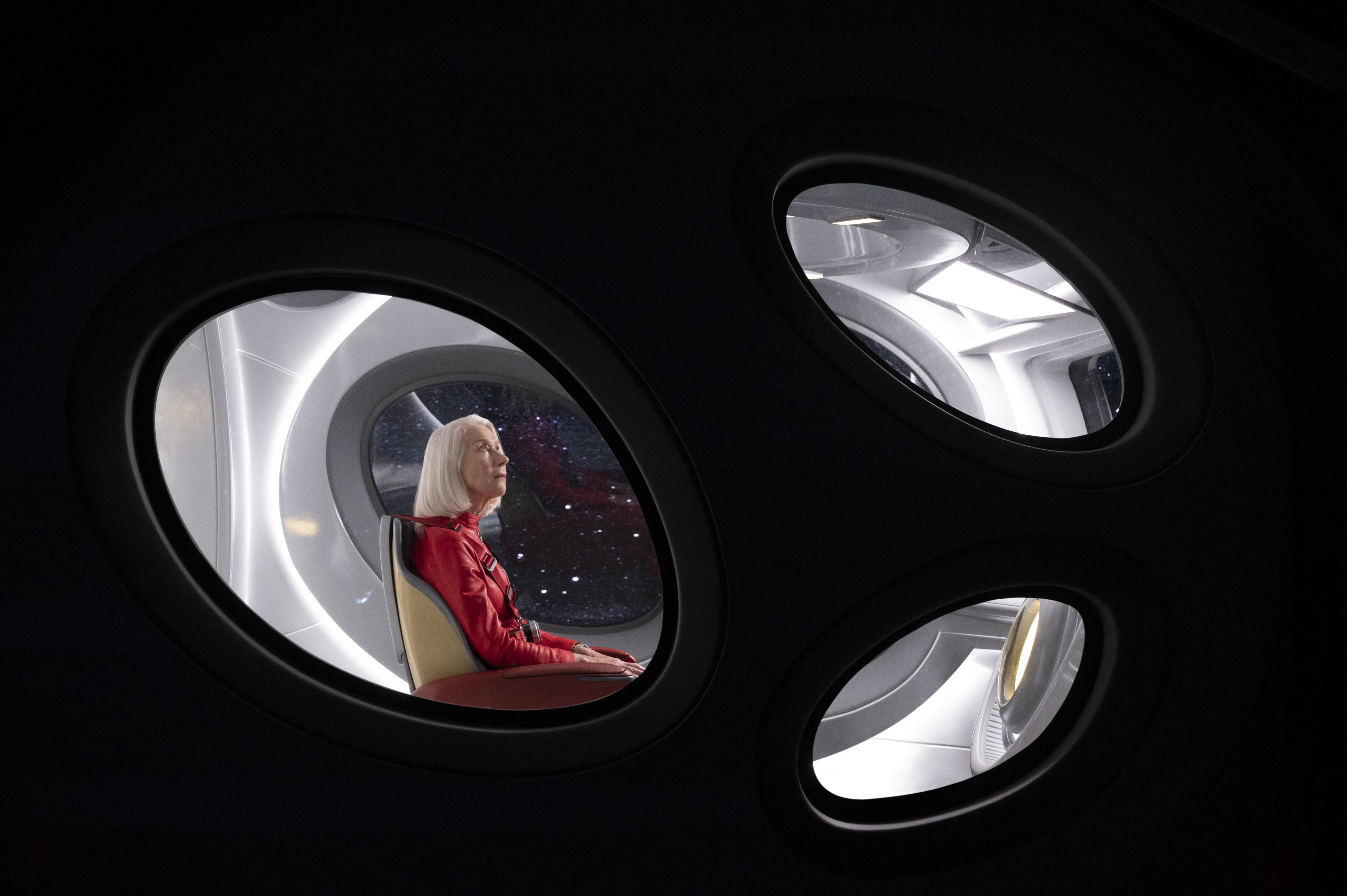
With each episode existing in one setting, mostly following one person (the "Nera" and "Stuart" episodes feature two characters each) who is delivering one epic monologue, there's a constant disrupting aesthetic of breaking the fourth wall. Wu's "Jenny" may not officially be talking to the audience as she walks us through the doldrums of marriage, her heartbreaking attempts at having kids, and the tragic turn her downward spiral takes, but the intricate detail her episode reveals in recounting her experience stands out as a shining example of how a scaled-down production like this can allow its star, and the words they speak, to cut through the clutter and land one heck of a one-two punch.
Other episode standouts are Mackie's "Tom," a man facing his own mortality as he interviews the clone that will replace him at home once he succumbs from his terminal disease, and "Peg," starring Mirren as a woman in her Golden Years looking for one final adventure (in space, no less), as she attempts to reconcile the decisions of her past and the missed opportunities that led her to this lackluster life of solitude.
The fact that her lines are all delivered to an A.I. that's reminiscent of HAL 9000 from Stanley Kubrick's 2001: A Space Odyssey, just adds enough sci-fi flair to remind audiences that this is all still make-believe. And these sort of forward-thinking details is sprinkled throughout the show's background, alluding to a much bigger world worth exploring. But that's an assignment for another season, possibly, if the show makes it that far.
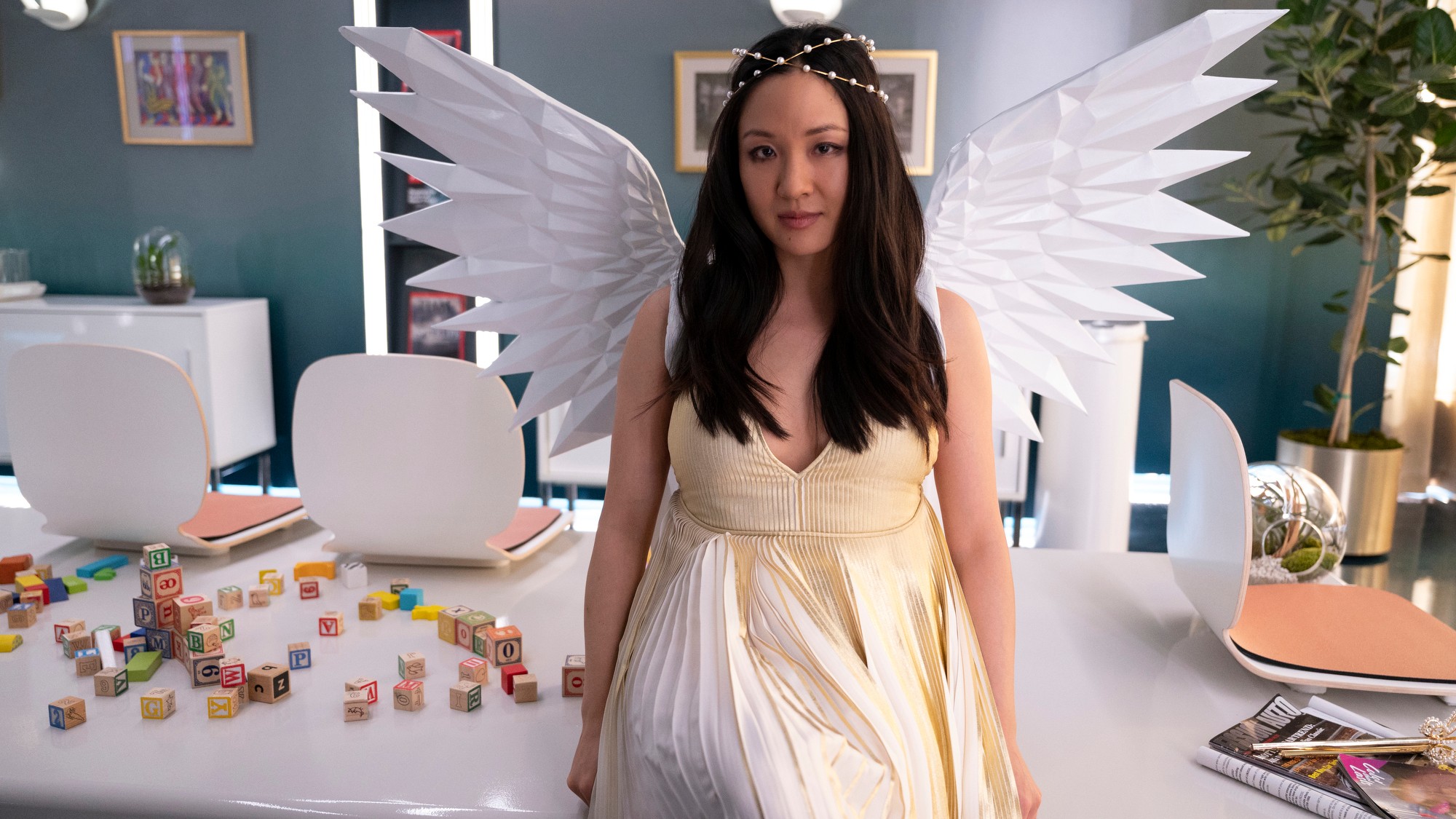
Let's be clear: Solos is most definitely a science fiction series. Each 30-minute episode builds out a reality where time travel exists, human clones replace lost loved ones, and memory theft is a known crime. But unlike other anthology programs of this ilk that have attempted to dive head-first into the genre (Amazon's Electric Dreams, for instance, attempted to replicate Black Mirror's success by tapping into the works of Philip K. Dick to varied results, while YouTube's Weird City did some fun stuff in the realm, while hardly being seen by the general public), Solos sheds the expectations that come with tech-heavy stories in the genre to sharpen its focus on the emotional experience of each of its leads and the complicated struggles one may face in solitude.
This genre narrative is a useful tool that doesn't just allow Weil to build out a world that he should return to in the future, it allows for the conflicts — from one character's struggles in finding peace with their own mother's fading health to another's deep-seated pandemic-inspired agoraphobia — to be removed enough from our own present-day reality to be viewed as enjoyable, thought-provoking entertainment.
During a time when many pieces of entertainment strive to recognize and represent the ways in which society has grappled with the pandemic fallout of the past year, Solos side-steps the mask-wearing minutiae entirely. Instead, we're left with a brilliant piece of escapism that may help viewers gain their own sense of closure over where we've recently been, and gain some semblance of hope about where we've yet to go.
Solos premieres on Friday, May 21 on Amazon Prime Video.
Aaron has been reporting on the entertainment industry for over a decade. He's written for places like The Hollywood Reporter, Playboy, SF Chronicle, The Washington Post, Rotten Tomatoes, and Inverse. Aaron is a member of the Television Critics Association, Critics Choice, and AFTRA SAG. Before entering the journalism game, Aaron was an actor in commercials and TV. He once played Charlize Theron's nerdy boyfriend in a Japanese Honda commercial and co-starred in the Power Rangers sister series VR Troopers.
